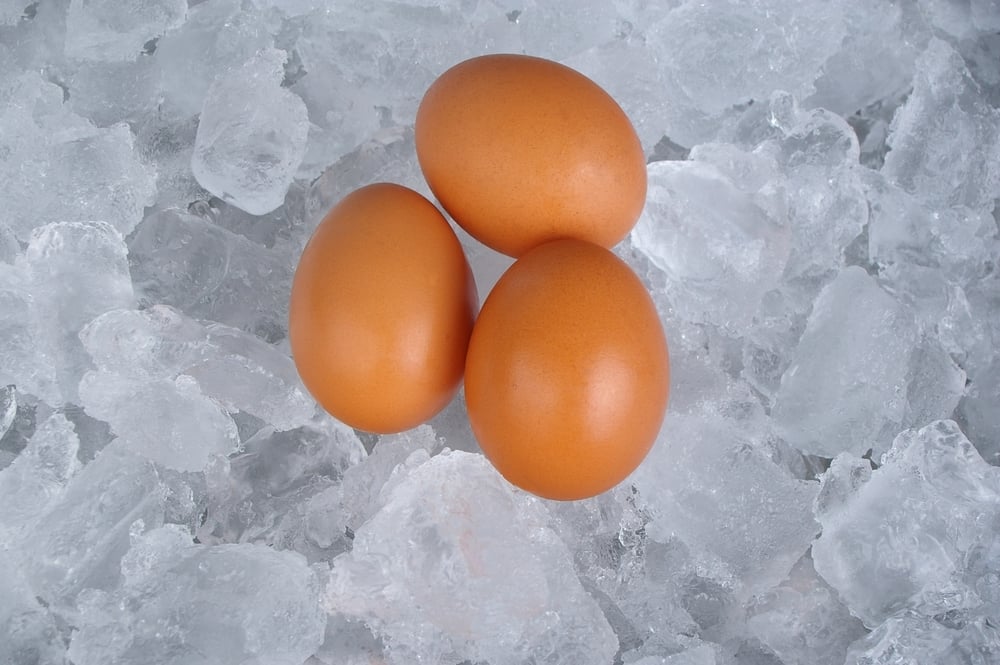Egg Freezing 101: How Are Eggs Frozen?

The benefits of egg freezing are well-established – flexibility to pursue a career, additional time to find a partner, reproductive autonomy – but how exactly are eggs frozen? What steps are involved? These are just a few of the frequently asked questions about egg freezing. We describe in detail the process by which your eggs are frozen and preserved for future use.
How are eggs frozen?
Up until the last several years, cryopreservation of eggs was performed using a slow freezing method. However, this method often resulted in the formation of ice crystals during the cooling process which irreparably damaged the eggs. A newer technique to freeze eggs, vitrification, has revolutionized fertility preservation. Vitrification is successful largely because it doesn’t result in the formation of potentially damaging ice crystals.
The first step of the vitrification procedure is to move your eggs through a series of solutions that gradually removes water from them. As the water is removed, your eggs visibly shrink. The solutions also contain a cryoprotectant which penetrates your eggs’ cell membranes to replace the removed water and protect your eggs.
Your eggs are then placed on a specialized vitrification device in a very small volume of media. As the device containing your eggs is plunged into liquid nitrogen, your eggs are cooled at an ultra-rapid rate to -196C, and the media drop containing the eggs is transformed into a glass-like bead. The device is then placed in a labelled goblet on a labelled cane for secure storage.
How are frozen eggs stored?
Your eggs are stored on an individual, labelled cane. Each cane contains only your eggs. The cane is placed in a long-term storage container called a dewar and is filled with liquid nitrogen. This container is equipped with a 24-hour-a-day, 7-day-a-week alarm-monitoring system to alert embryologists regarding any change in temperature.
How long can eggs remain frozen?
Your eggs can remain in storage indefinitely until you decide to start a family. Because the freezing process essentially halts aging of your eggs, they will be preserved in the same condition they were at the time they were frozen.
How do you determine which eggs to freeze?
Only eggs which have completed the maturation process are capable of being fertilized by a sperm, so it is important to microscopically evaluate the eggs prior to vitrification. An embryologist evaluates the maturity of your eggs prior to freezing by observing them under high magnification to look for certain markers of maturity. Once your eggs are determined to be mature, they are ready to undergo egg freezing, also known as vitrification.
Now that you have a better understanding of the egg freezing process, you may want to speak with a reproductive endocrinologist about preserving your fertility. Consider making an initial consultation in order to decide if egg freezing is right for you.
